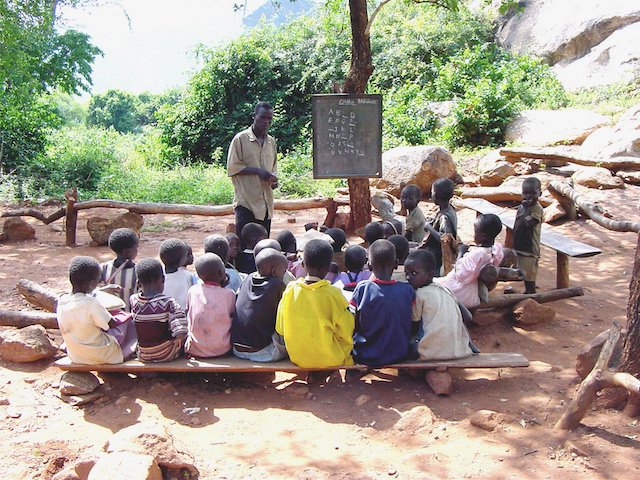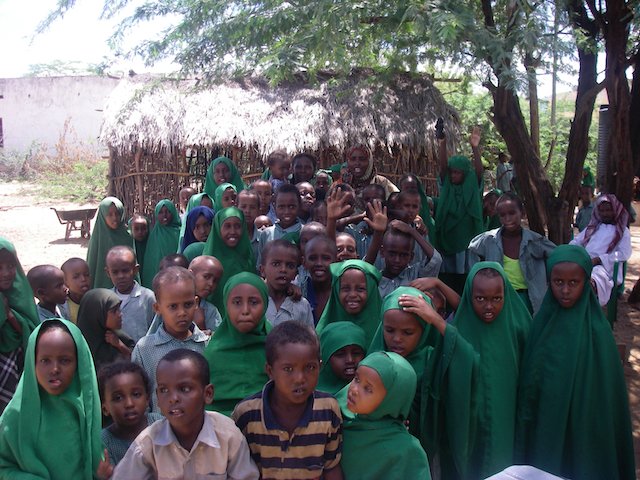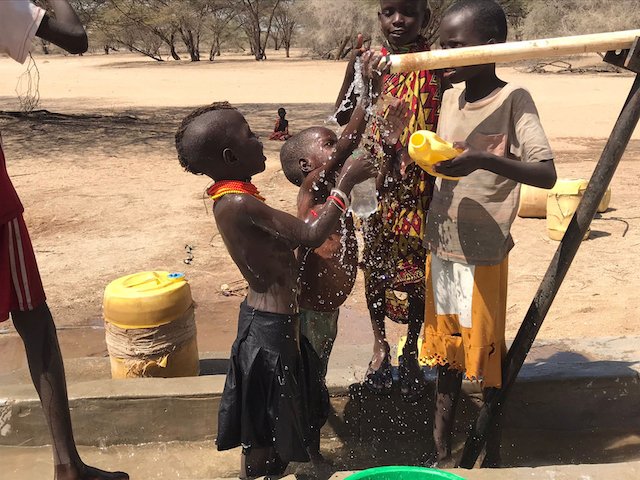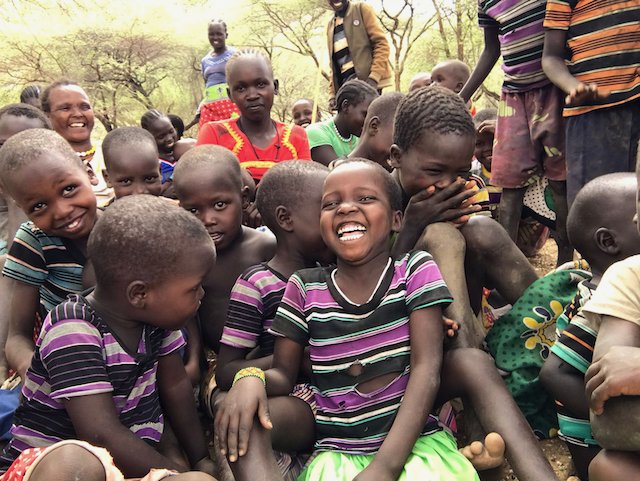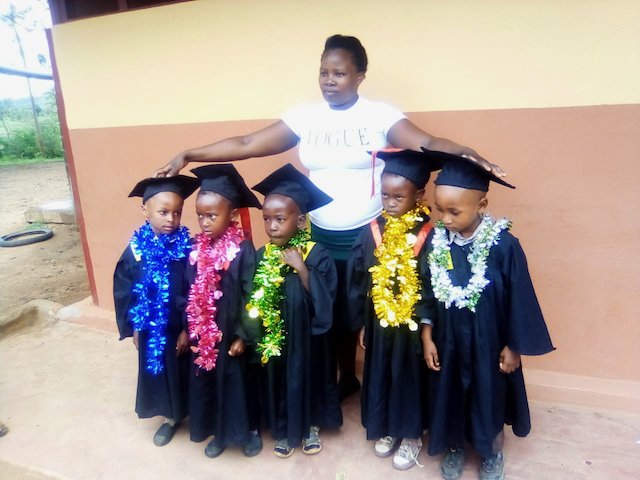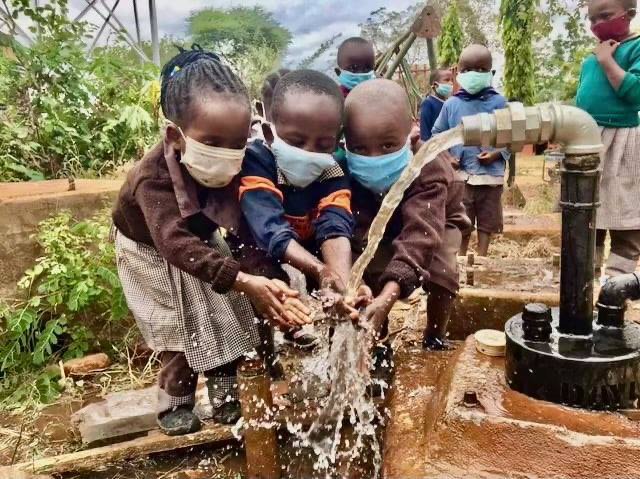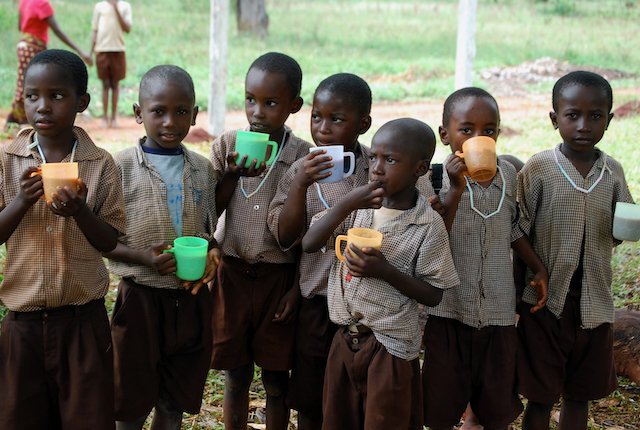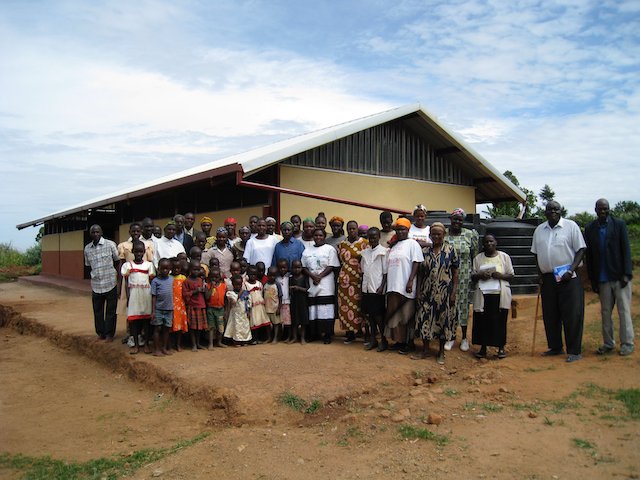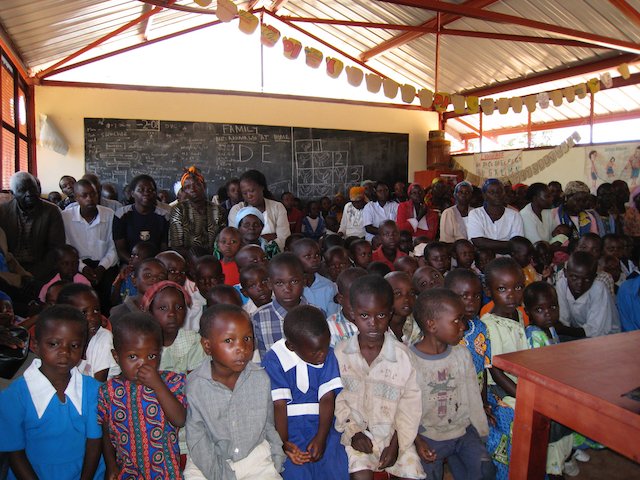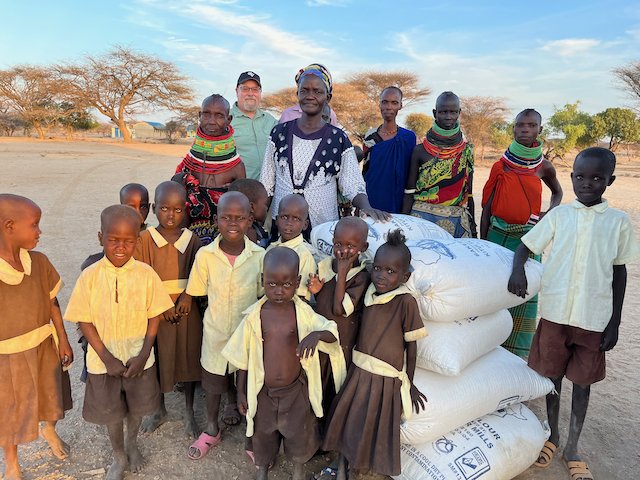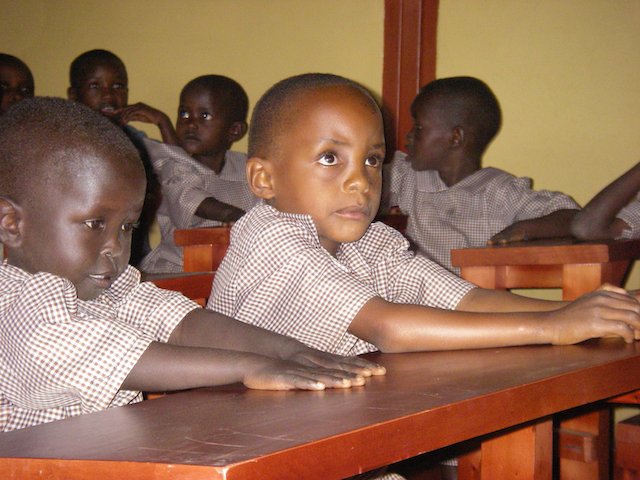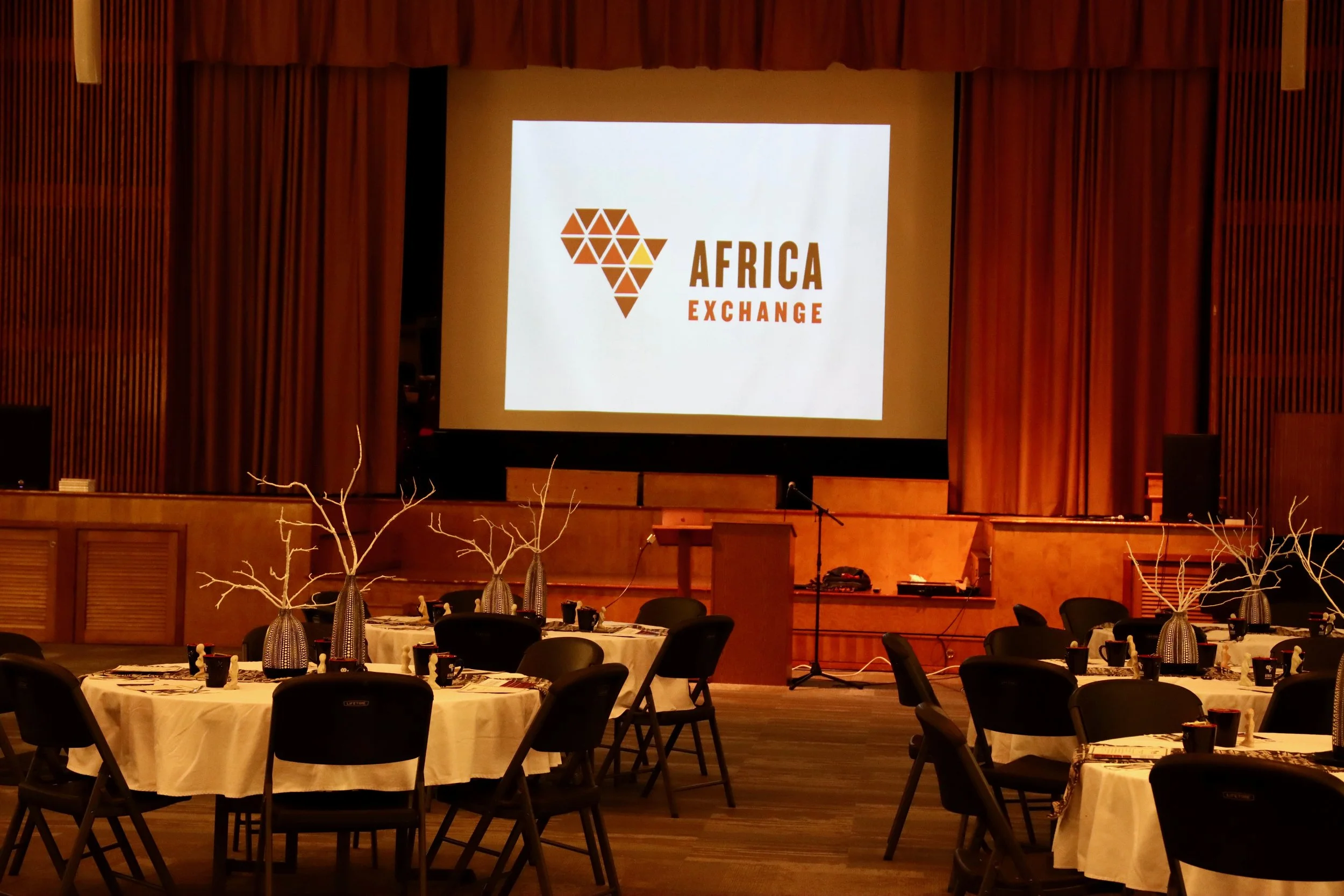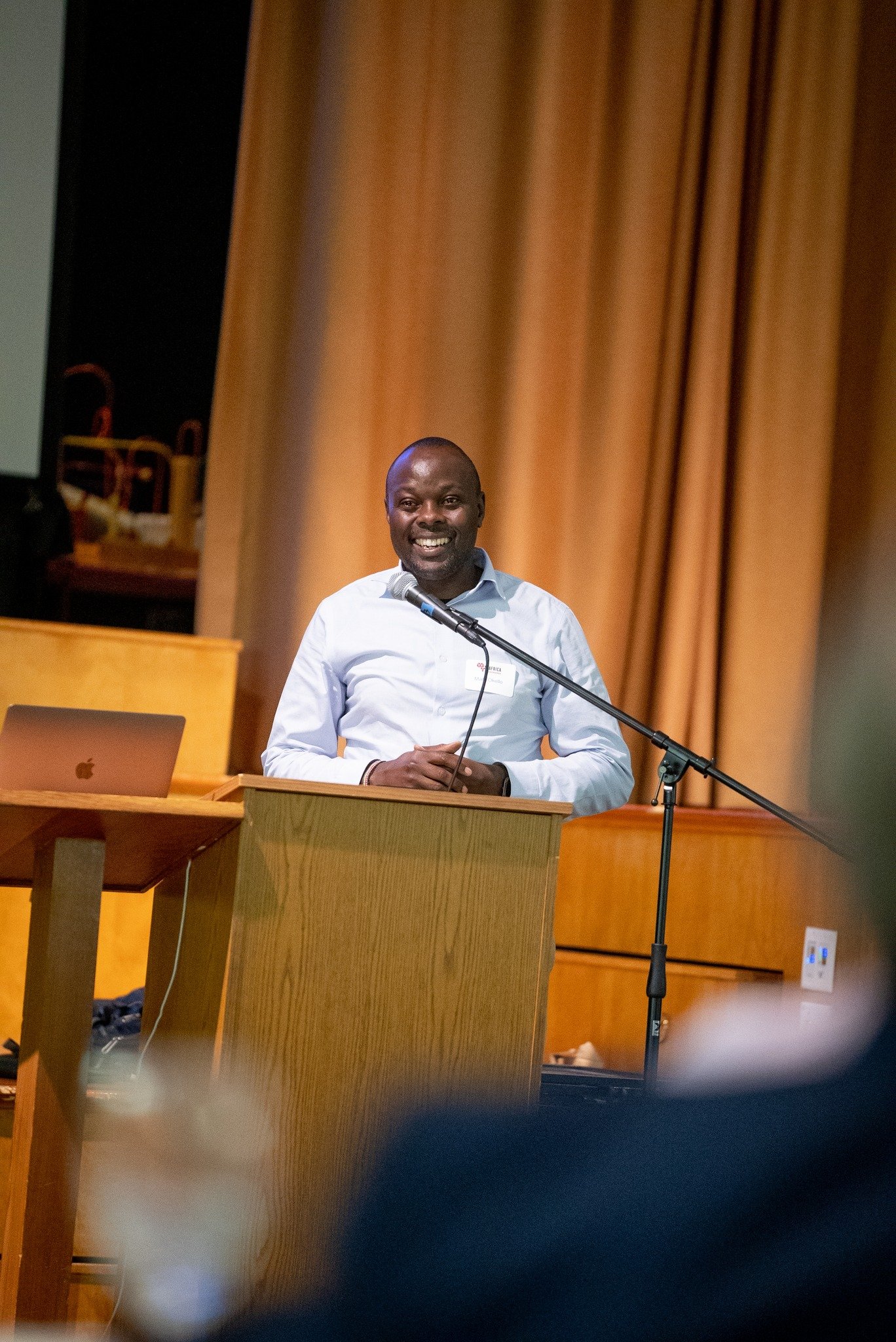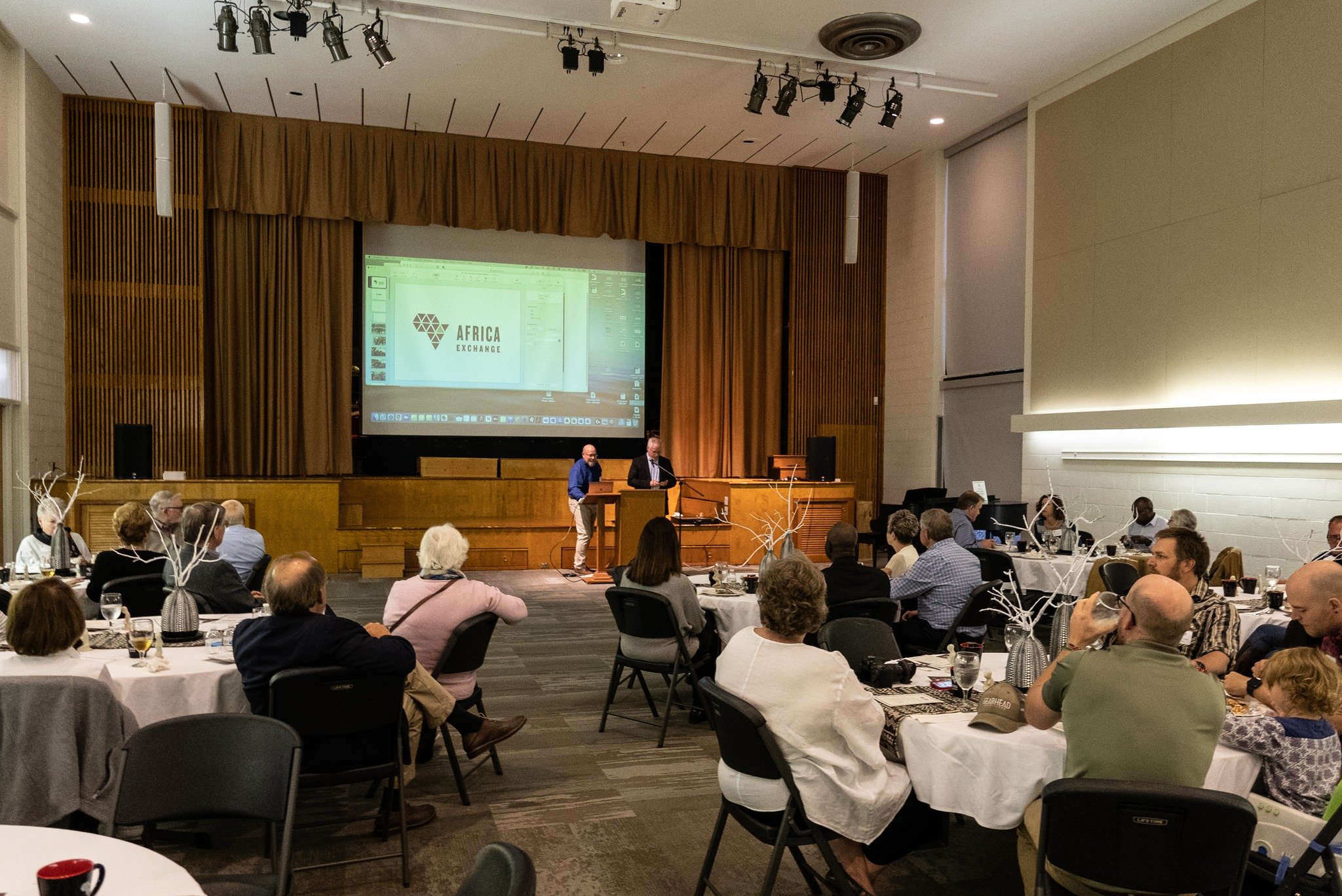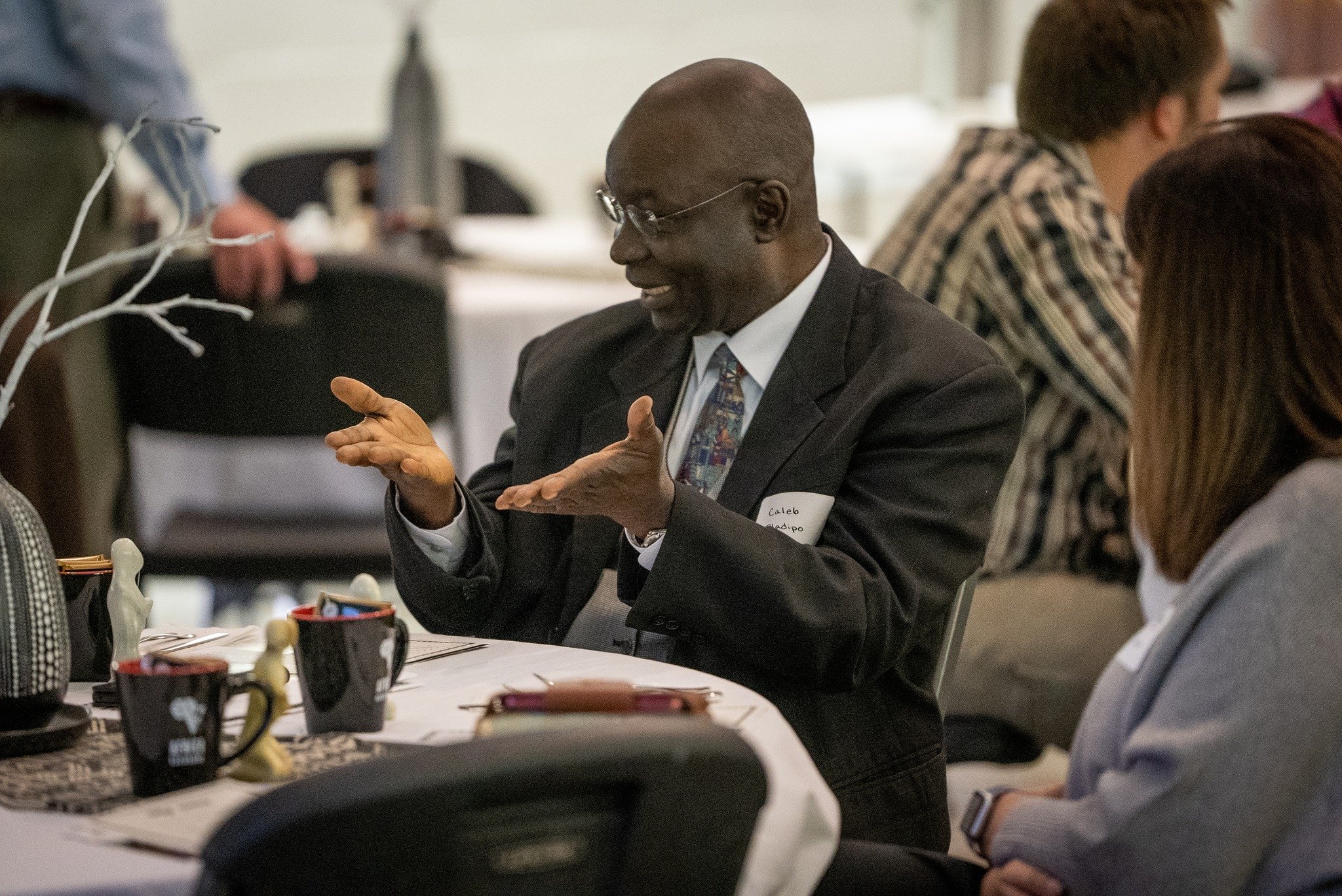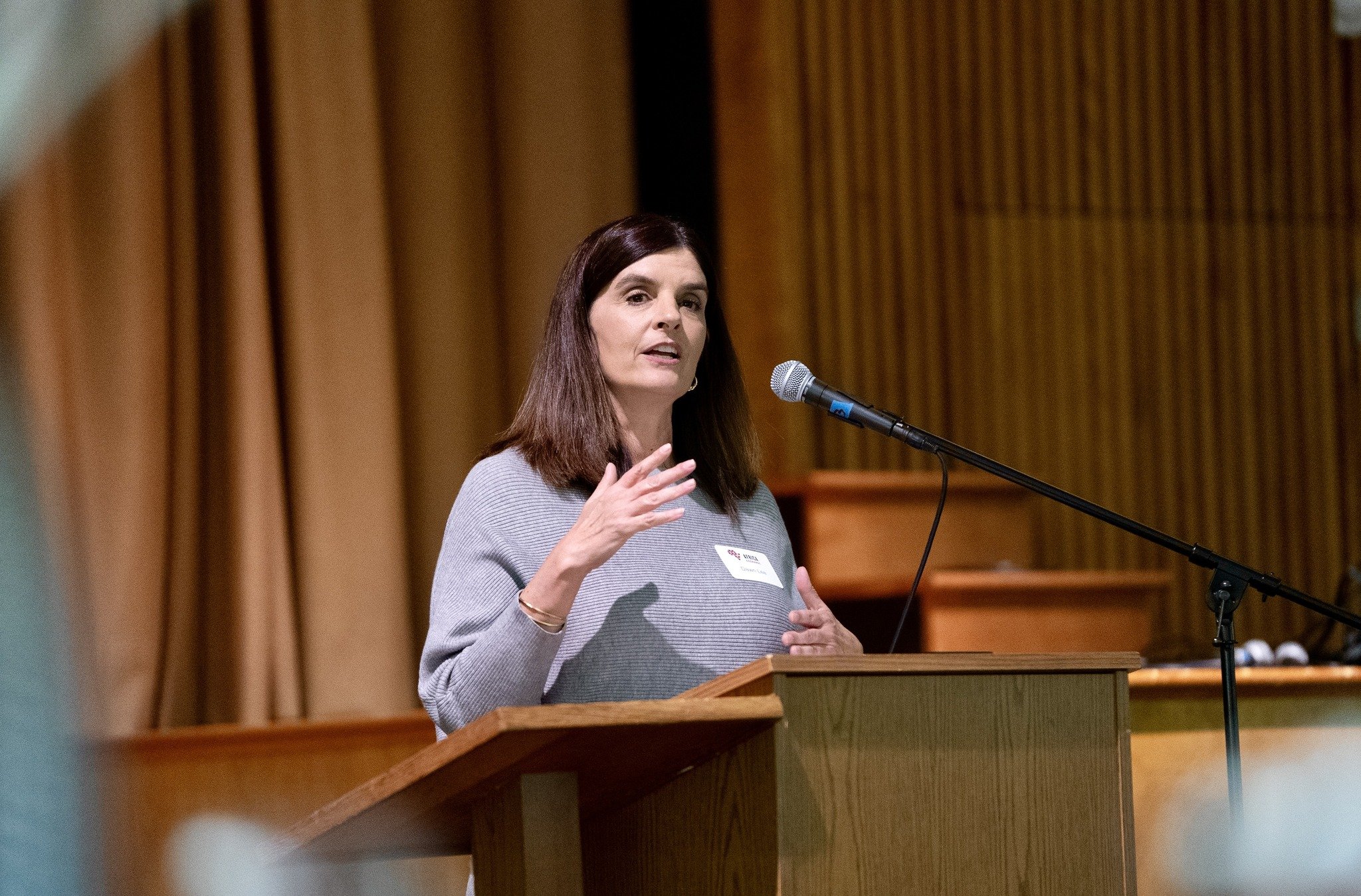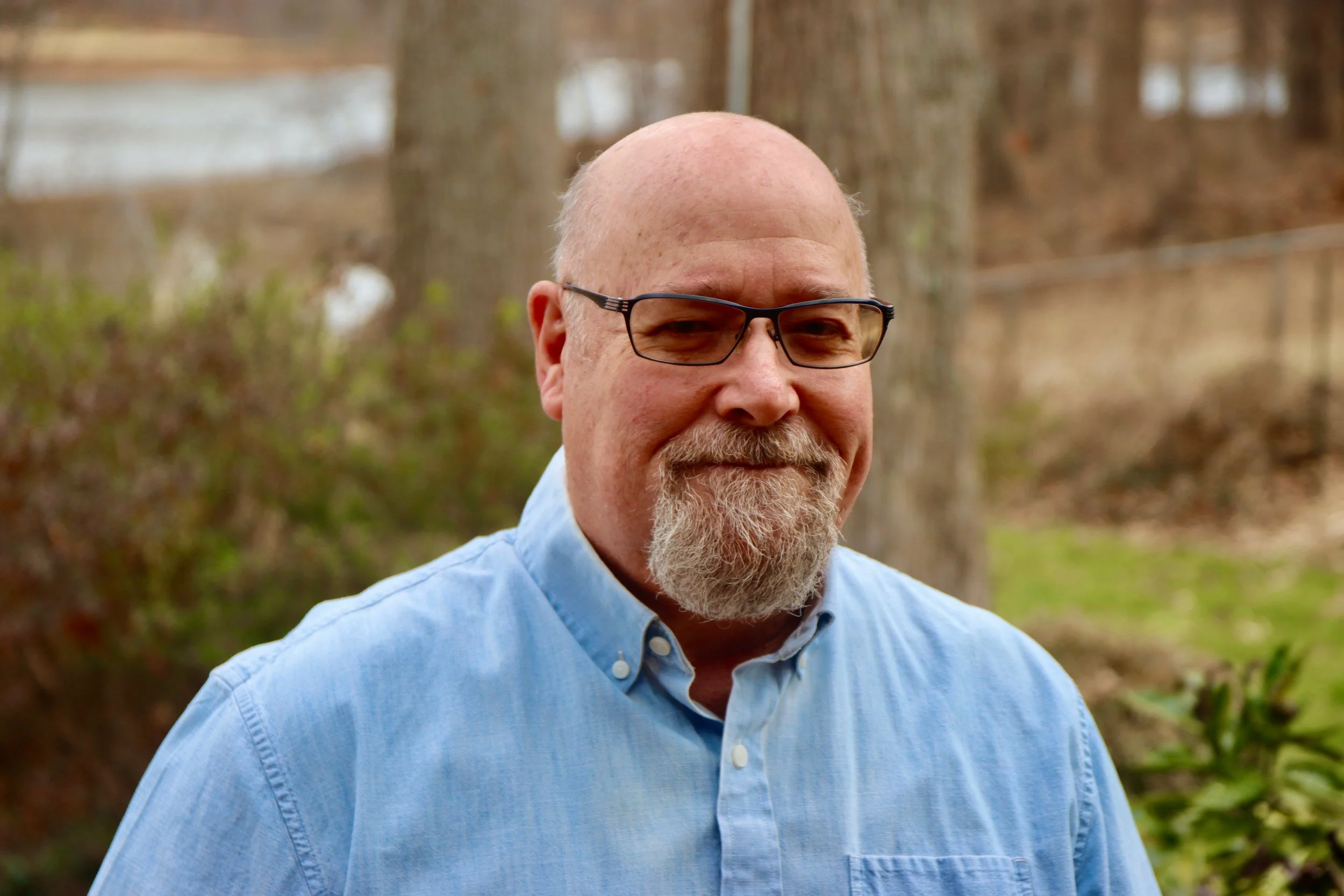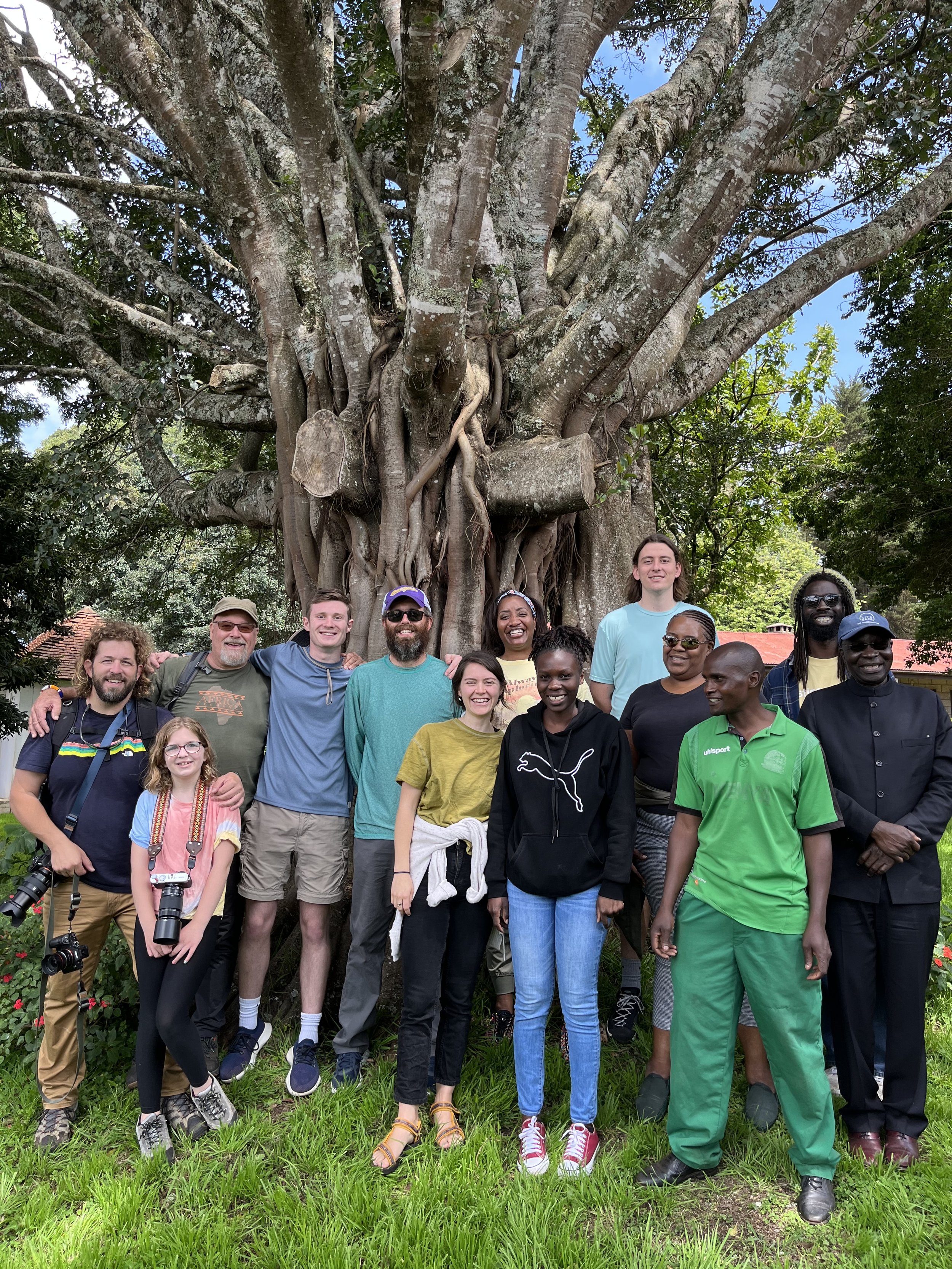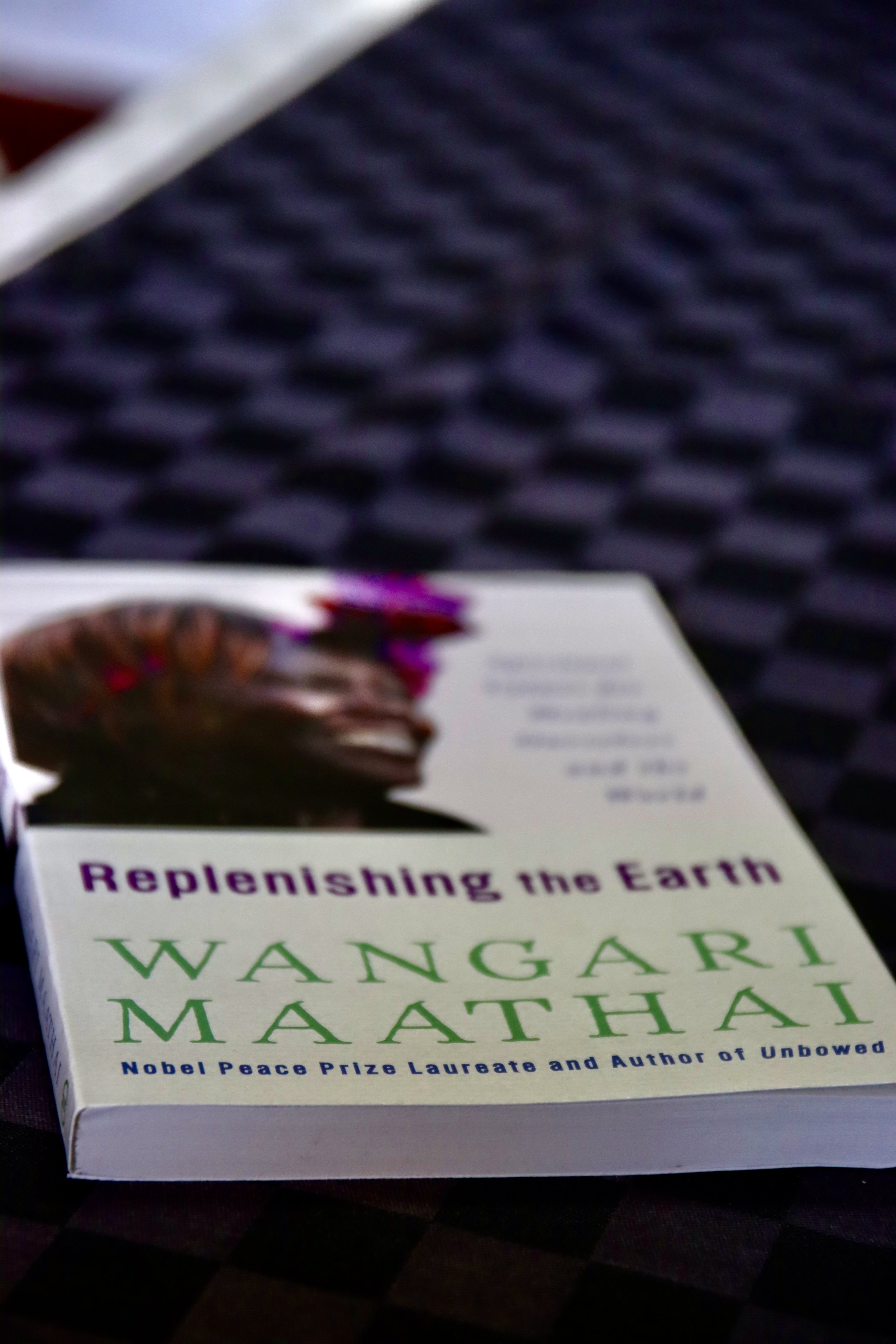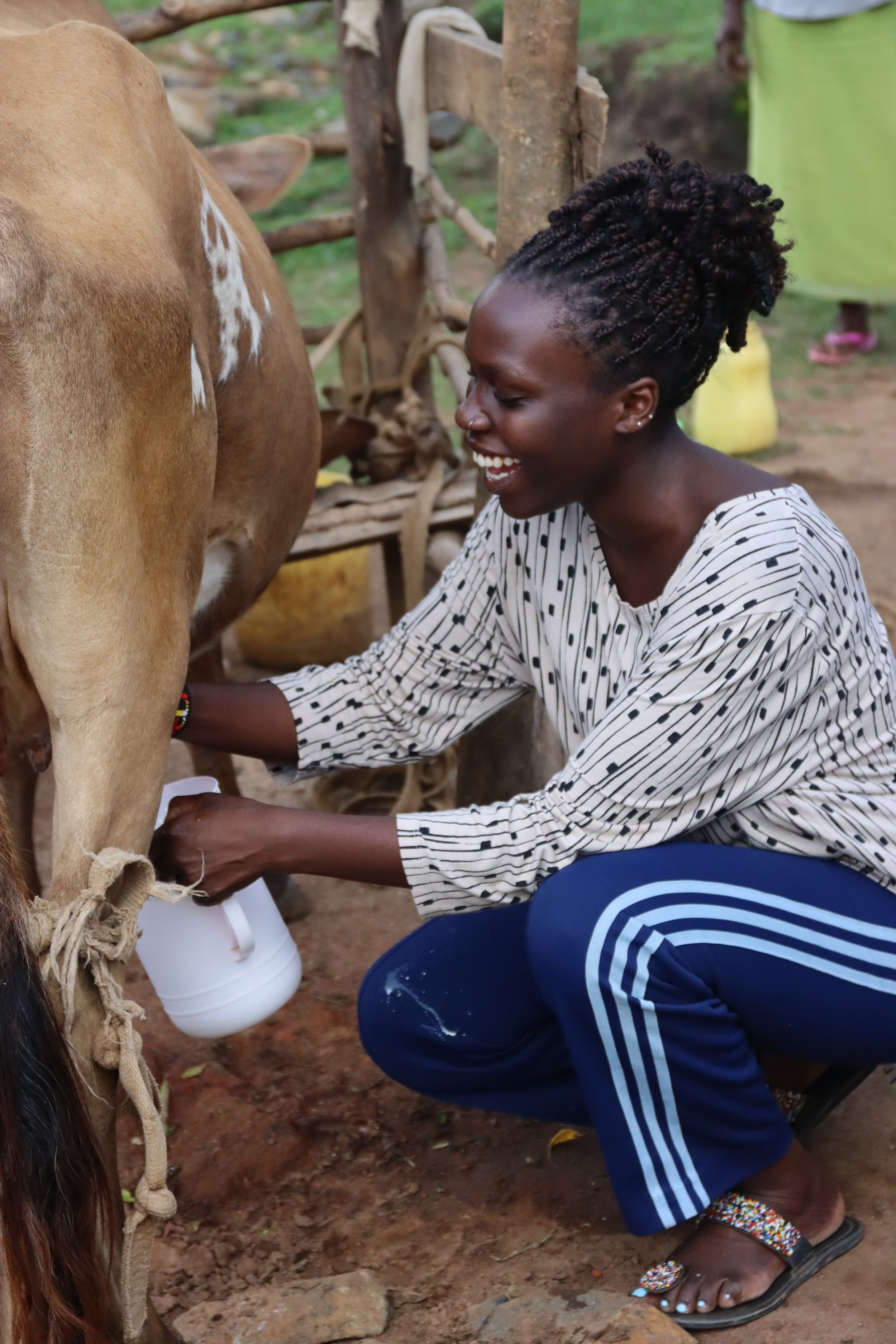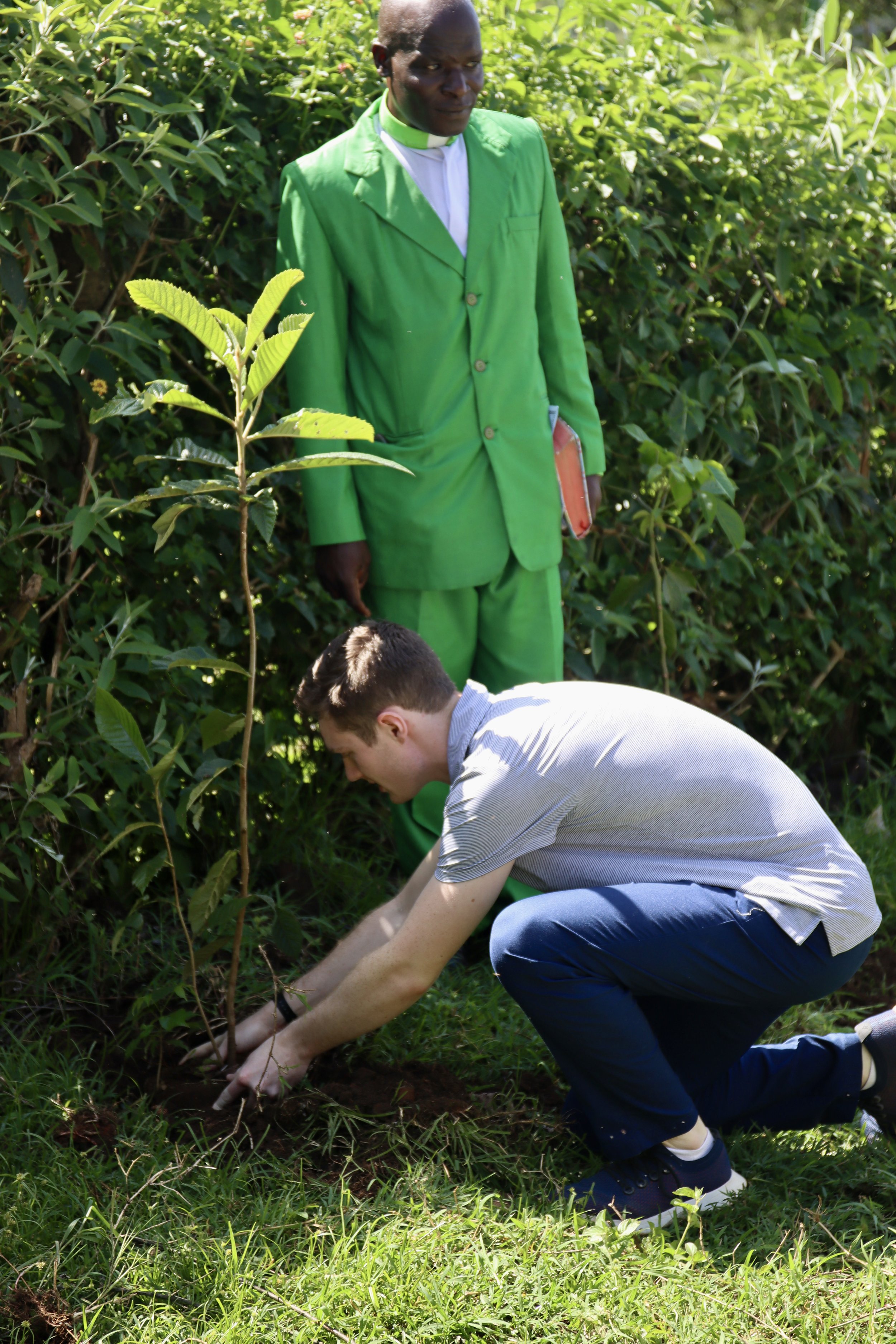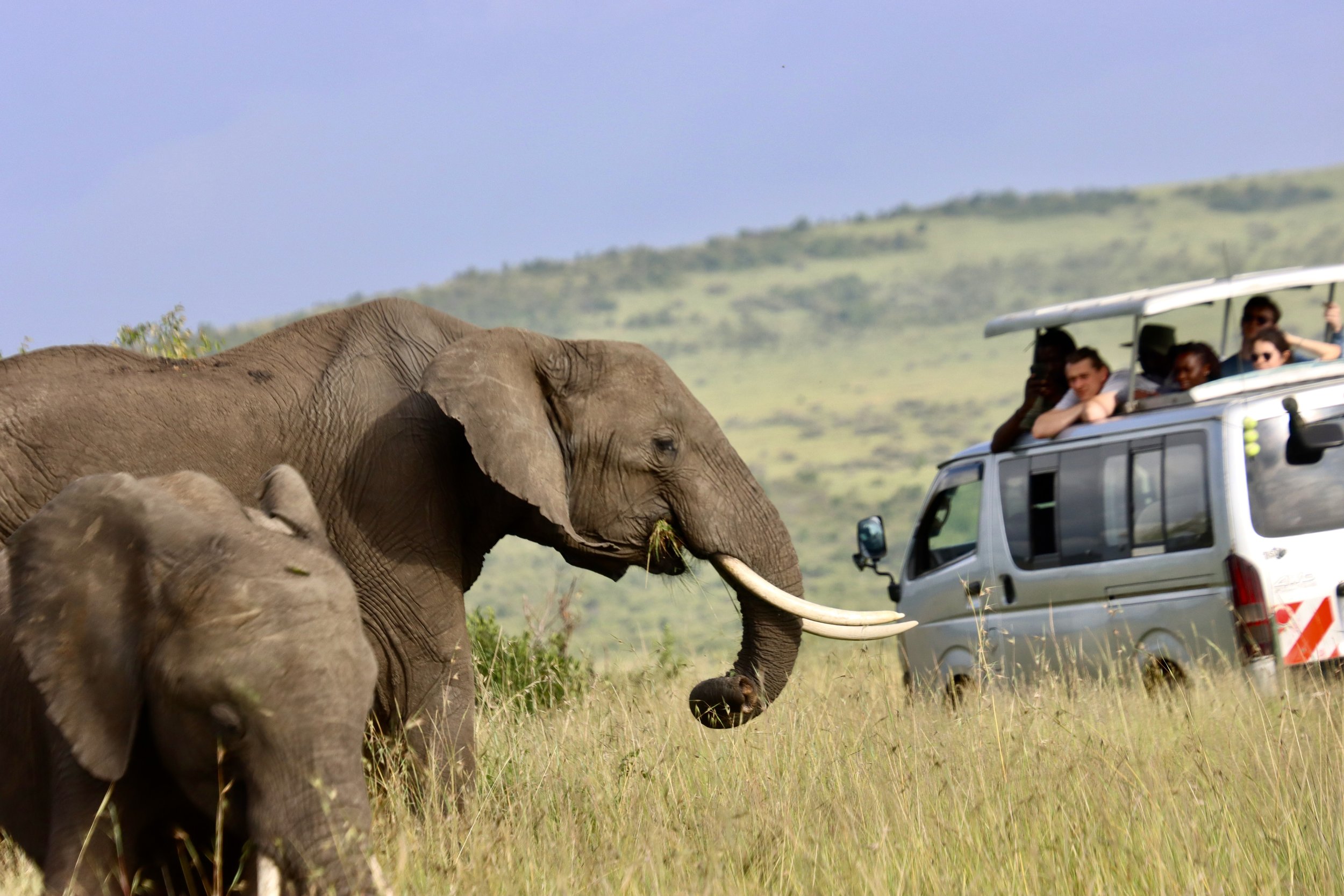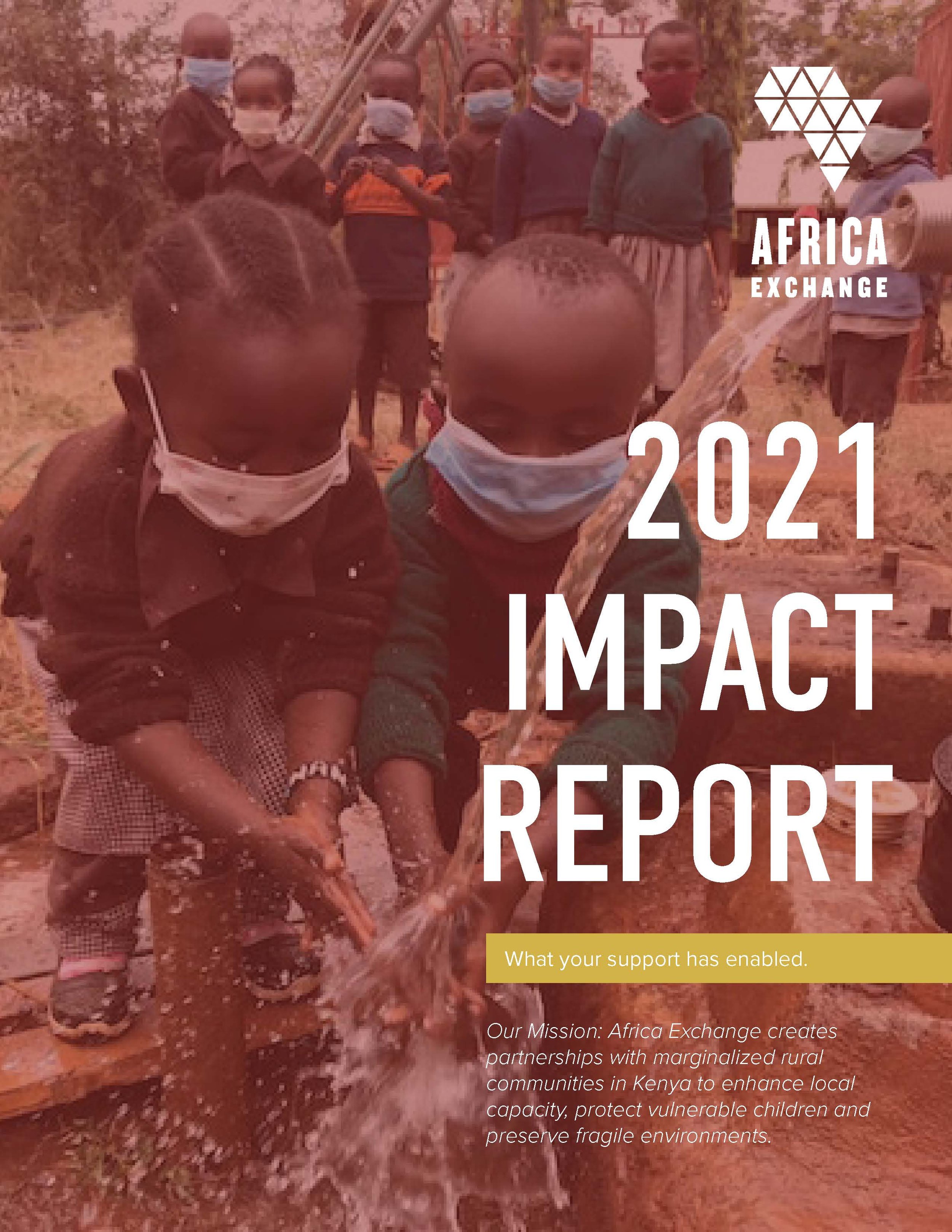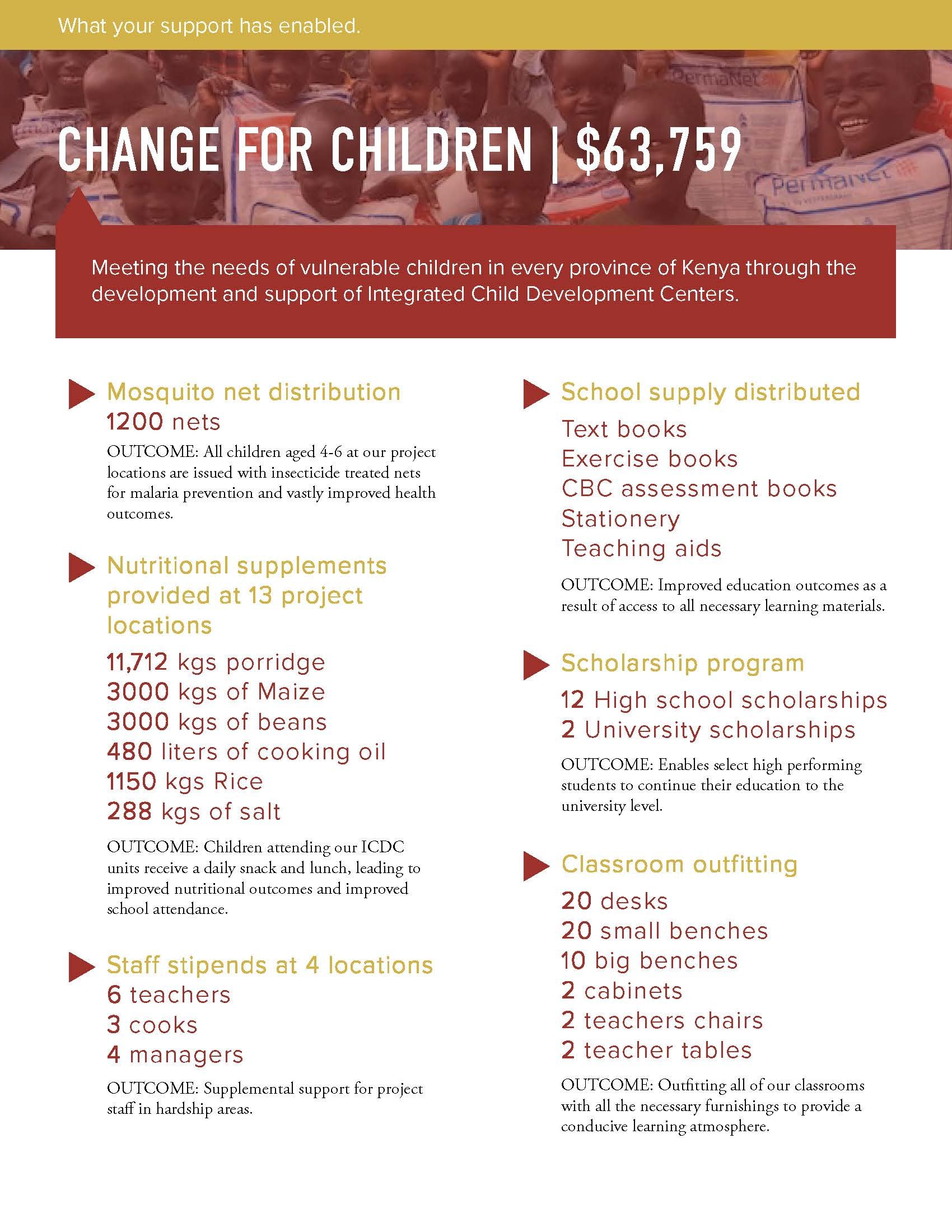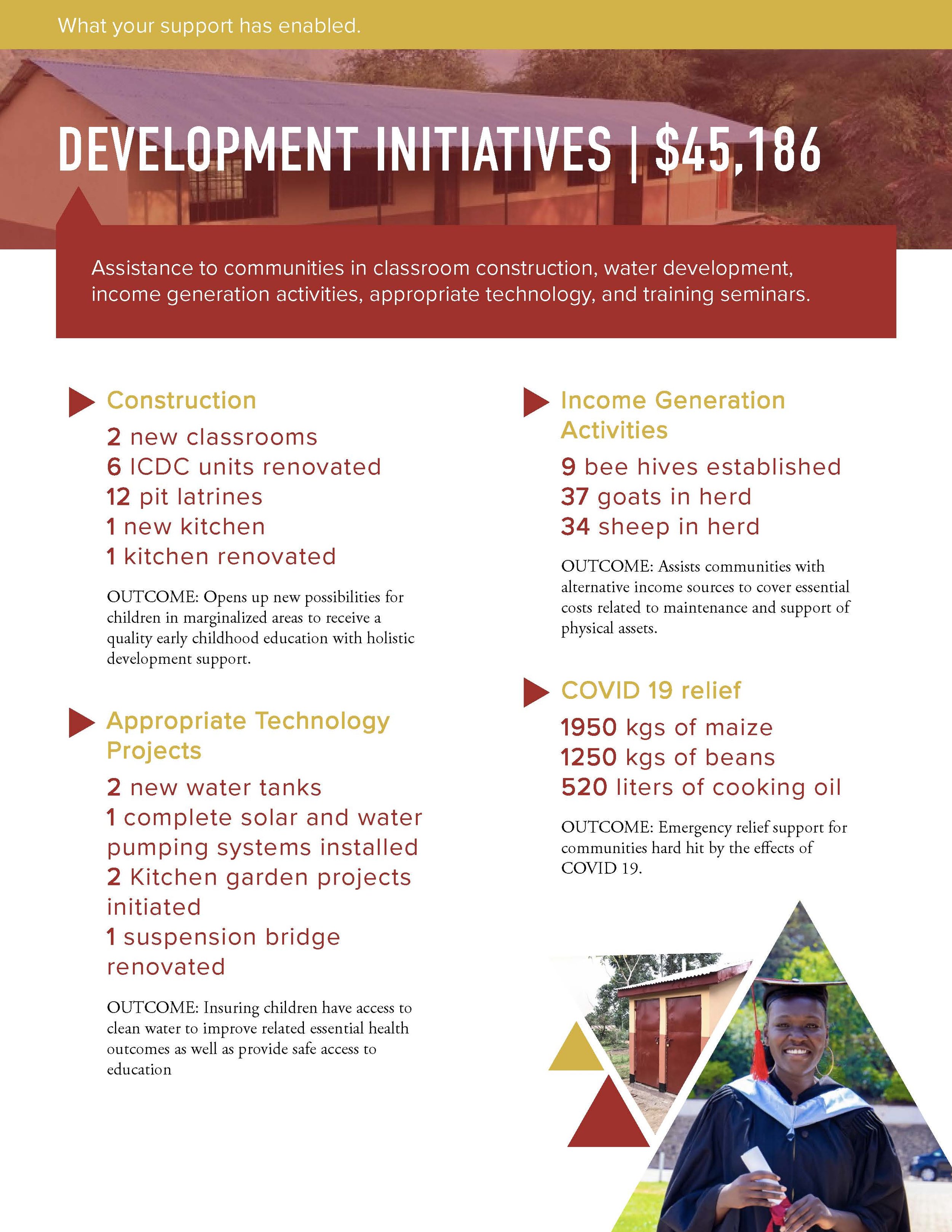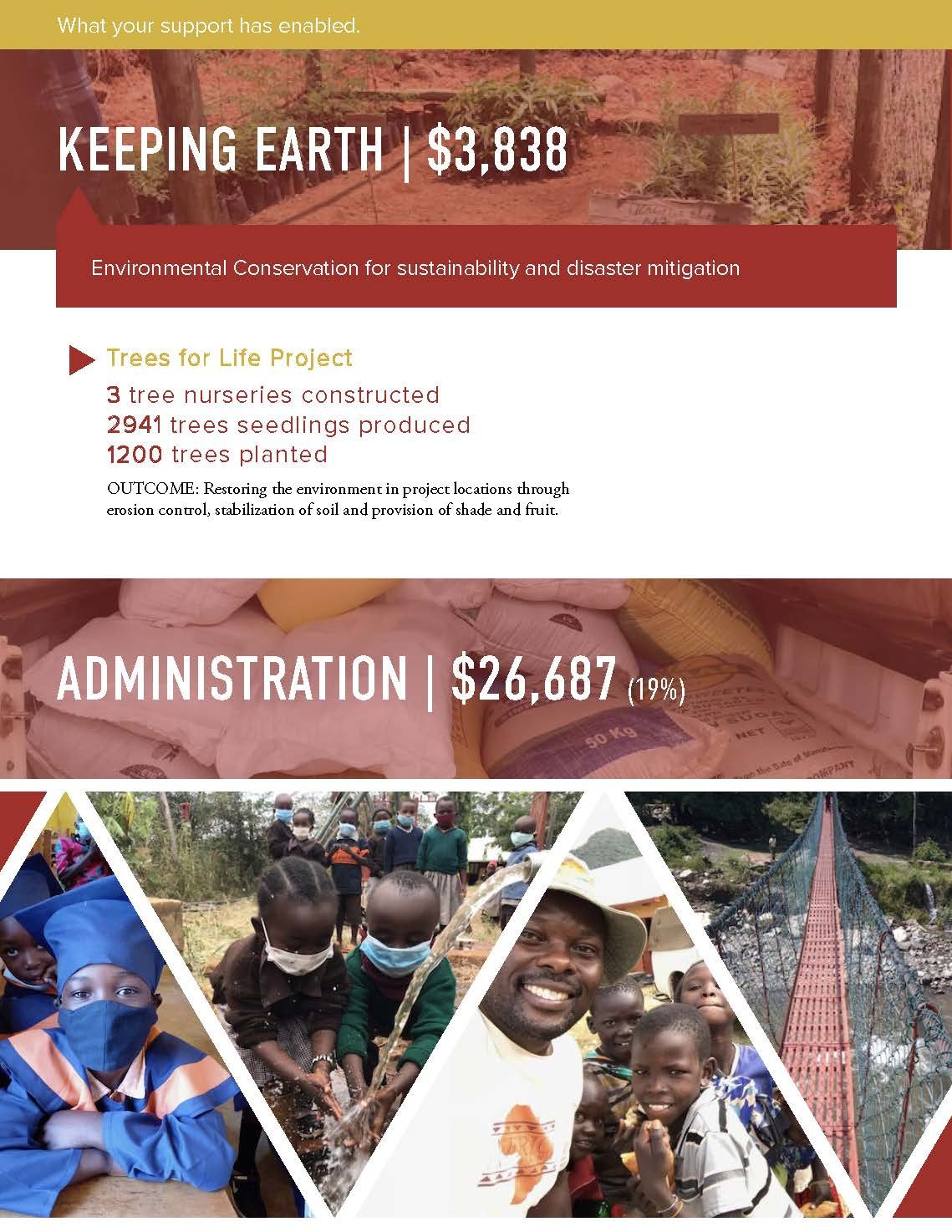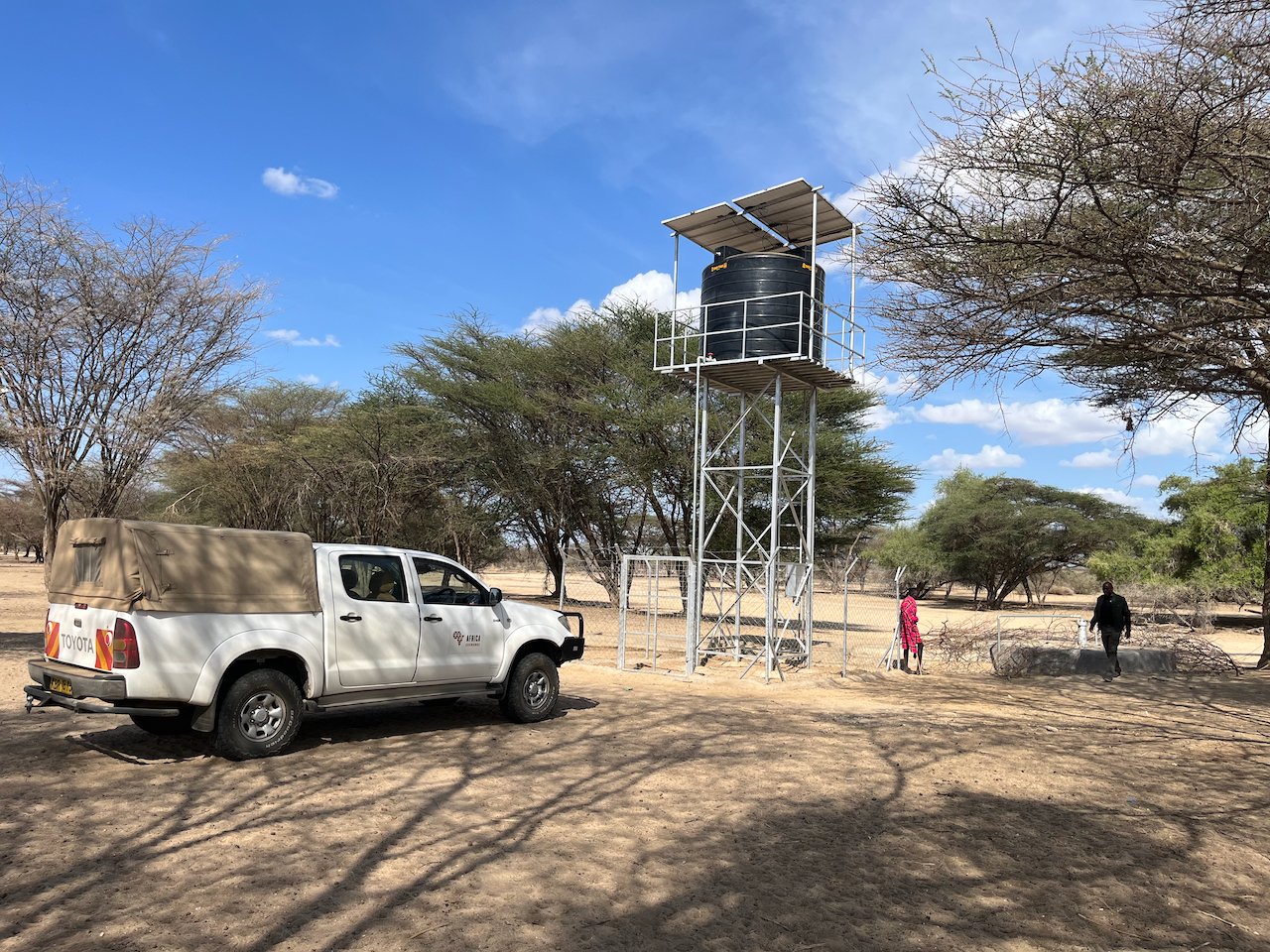
BLOG
Our latest accomplishments, progress reports, & musings.
Remembering Our Why (Part 1)
The marking of 25 years of the work of Africa Exchange in Kenya has been cause for some celebrating! We have counted numbers, looked at impact, and not least, been proud that a relatively small organization has made such a tangible difference in peoples’ lives. A difference we can see. And to which many Kenyan people themselves bear witness. We remain convinced that sharing resources beyond our shores and remembering we are all connected to one another is key to our mutual thriving.
But we have also taken this opportunity to step back from all the efforts that daily occupy our attention and reflect. We have looked at what motivates us and asked,
What is our WHY?
There are many significant realities that inform our work, that led us to create Africa Exchange, and that pull us forward in doing what we do in Kenya. There are very real challenges on the ground that affect the kind of lives available to the families in the communities in which we work. We will be exploring these and our respective programatic responses in subsequent blog posts this year. But today we remember two.
We do it for the children.
The needs of vulnerable children have been a primary focus of our work since our founding.* According to current data from UNICEF, under-five mortality in Kenya has fallen from 102 deaths per 1,000 live births in 1990, to 43 deaths per 1,000 live births in 2019. That is good news! Still, every year 64,500 children die before reaching the age of five, mostly of preventable causes including diarrhea and pneumonia, illnesses that can largely be prevented by clean water and other basic health interventions.
Children living in Kenya’s northern pastoralist counties where we primarily work, are more likely to die from preventable diseases than those living elsewhere in the country. Currently, a national average of 88% of children are fully immunized, however, only 50% of children in some pastoralist and underdeveloped counties are fully immunized against vaccine-preventable diseases[1] and almost all lack clean water sources.
Our Change for Children program and the establishment of Integrated Child Development Centers (ICDCs) across Kenya are an intentional response to these very real crises. In addition to priorities of health and wellness, we’ve also given years of time and attention to education, capacity building exercises and development programs for stability and sustainability in communities. And most recently, environmental concerns. Communities in Kenya are dependent on healthy environments for their own survival. The need to protect water sources and soil structures has led to significant tree planting both at our ICDCs and in the homesteads of all the children. These priorities are making an impact and communities are becoming stronger. Children at our centers are healthier and happier and more prepared for entering primary school when they are of age. The communities that sustain them are becoming more resilient.
Of course, the children don’t stay children for long. They move through our ICDCs, grow up into adolescents, and before long, are young men and women, facing new and more complex challenges. We have paid special attention to the trajectory of these kids, especially the girls.
As in other parts of the world, women in marginalized regions of Kenya face so many barriers to their own thriving. And as difficult as it is to imagine, child marriage is one of them. Concern for these girls is another “Why” for the work to which Africa Exchange is called.
We Do It for Stella.
Who is Stella? Stella is a young woman who grew up attending one of our ICDCs. Because of a largely absent father and the subsequent death of her mother, Stella was raised by her older siblings. Barely making ends meet and out of desperation to provide for his siblings, her older brother began to entertain the thought that perhaps marrying off Stella to an elder in the community would bring in enough income to sustain them. After all, she was 14 and almost done with primary school. The man asking for the union was over 70. Hardly a marriage made in heaven, but the family would benefit from the dowry of goats and cows. We intervened through our community network and sent her to secondary boarding school as a means of at least delaying that future. But when she graduated secondary school at 17, the pressure was still there. We intervened again and now Stella is in university. Here is her story in her own words.
One of the best ways to end child marriage is to keep girls in school. Each year of secondary education may reduce the likelihood of marrying before the age of 18 by five percentage points or more in many countries. The same goes for university. By contrast, child brides are much more likely to drop out of school and complete fewer years of education than their peers. By keeping girls in school, they are better able to make their own decisions and choices for their lives[2].
Delayed marriage and childbearing results in fewer children per woman, this means more resources per child, better health and survival rates for mothers and children. This link is critical.
"Child marriage not only puts a stop to girls' hopes and dreams. It also hampers efforts to end poverty and achieve economic growth and equity … ending this practice is not only the morally right thing to do but also the economically smart thing to do."[3]
Africa Exchange’s “Scholars” program[4] was created for exactly this reason; to provide a path towards higher education for outstanding performers, for the sake of their own future and for the sake of their communities. Currently we have 23 female and male students studying in secondary and university institutions across Kenya. Each of these got their start in one of 12 of our ICDC units!
It is deeply gratifying to hear Stella share her intention of returning to West Pokot as an example to other young girls about what is possible; her own vision of what can happen when a woman is empowered to develop her own gifts and talents and bring them to bear on her life. We know there are many others like Stella. We believe in their futures and want to take seriously providing real opportunities towards that end. We know the statistics bear out the fact that with the support of women and girls especially, comes a direct correlation to the alleviation of poverty and population pressures.
As we look to the next 25 years, we press on with new hope and vision. We are convinced we don’t go this journey alone and welcome those who want to share of themselves and their resources for these long-term goals; children who are happier and healthier, communities who are stronger and more resilient, and all the Stellas who are ready to lead us towards tomorrow!
[1] https://www.unicef.org/kenya/health
[2] https://www.worldbank.org/en/news/immersive-story/2017/08/22/educating-girls-ending-child-marriage
[3] https://www.worldbank.org/en/news/immersive-story/2017/08/22/educating-girls-ending-child-marriage
[4] Richard Ondeng and Ralph Harrell Memorial Scholarship Program
Our Scholars project is intended for a select few, well performing students on a rotational basis. Only 6% of children qualify for this provision and only 3% are ultimately selected.
Funding for the Scholars project is through specific private donations, not through our general budget. We recently set up a Change for Children Scholars Endowment to receive funds for this project. Should you be particularly interested in contributing towards the endowment, please contact us at harrell@africaexchange.org
* We began our work with street children in highly congested slums in the capital city, Nairobi, during the height of the AIDS pandemic. Almost a decade later, we felt moved to concentrate on what we felt was the source of urban migration and congestion - the lack of opportunities in remote rural regions, particularly those involving early childhood development and education. We adopted a strategy associated with the “quick wins” of goals 2 and 4 of the then Millennium Development Goals, the predecessor to elements in goals 1-6 of the current Sustainable Development Goals or “SDGs”( https://sdgs.un.org/goals )
Celebrating 25 Years of Africa Exchange!
During the autumn of 2022, we gathered to joyfully celebrate 25 years of the work of Africa Exchange and to launch our 25th Anniversary Challenge that will enable us to do even more good as we embrace the work ahead!
25th Anniversary Teaser
Hosted by Knollwood Baptist Church, our celebration dinner was attended by many friends of Africa Exchange for a time of thanksgiving, fellowship, a look back and a look ahead. We presented “Game Changer” awards to persons and entities, honoring their catalytic contributions to our ethos and program development.
We announced the establishment of the Change for Children Scholarship Endowment Fund that signals our ongoing commitment to the Richard Ondeng/Ralph Harrell Memorial Scholars Project. This entails a scholarship award to students who began their education in our Integrated Child Development Centers and have subsequently completed their primary education with high marks. The scholarships provide full tuition and fees for boarding secondary school placements and select university tuition awards.
The evening concluded with a 25th Anniversary Matching Funds Challenge which works like this - the first $100,000 donated toward our 25th Anniversary goal of $250,000 will be matched dollar for dollar with an anonymous contribution to our Change for Children Scholars Endowment. In a little over 2 months, we’ve have received $28,150 towards this effort!
We look forward to sharing with you the impact that we envision will result from meeting our goals. In the meantime, Accept the Challenge and Happy New Year!
Thanksgiving Prayers?
We’ve all no doubt prayed a version of this Thanksgiving table blessing, “Lord, as we are blessed with this amazing feast before us, we are mindful of the many that don’t enjoy such abundance. We pray that you will bless them so that they will get the food they need, Amen.”
True mindfulness doesn’t exist for its own sake but leads to some kind of action on the part of the conscious such that we take steps to address the subject of our conviction. In this way, we acknowledge that the gifts of blessing are not ours alone but are the nature of the Universe and intended for all of creation.
At Africa Exchange we strive to be one instrument God uses to answer the prayers of many, restoring the flow of blessing so that all might thrive.
Recently, to our great joy, we were enabled to facilitate the much-needed flow of blessing to Lochor Esekon, a community in the arid lands of Northern Kenya. The Turkana people are constantly challenged by drought in their harsh environment, particularly so now as the last 5 rainy seasons have failed, leaving them especially vulnerable. The construction of our 12th Integrated Child Development Center (thanks to the Baugh Foundation and others!) will enable us to provide the critical services of early childhood education, clean water, nutrition, specific community health intervention and environmental restoration to this community. The devastating drought also calls for emergency food relief for the entire community.
With your support, we can continue to be an agent of transformation that God uses to answer Thanksgiving prayers!
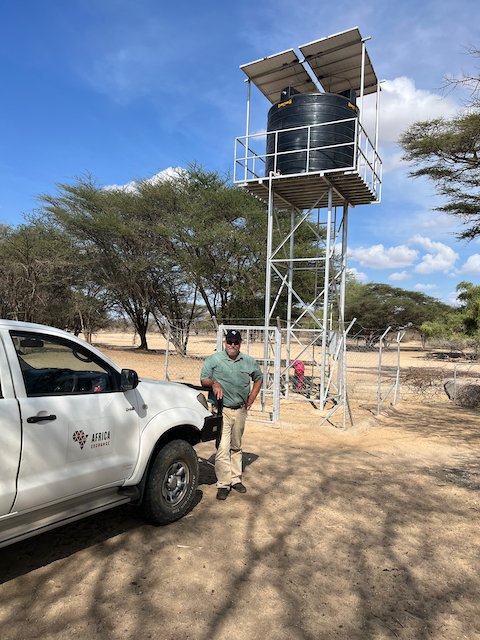
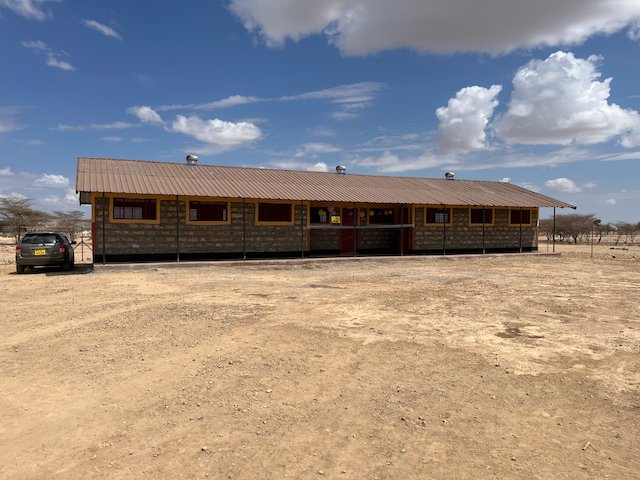
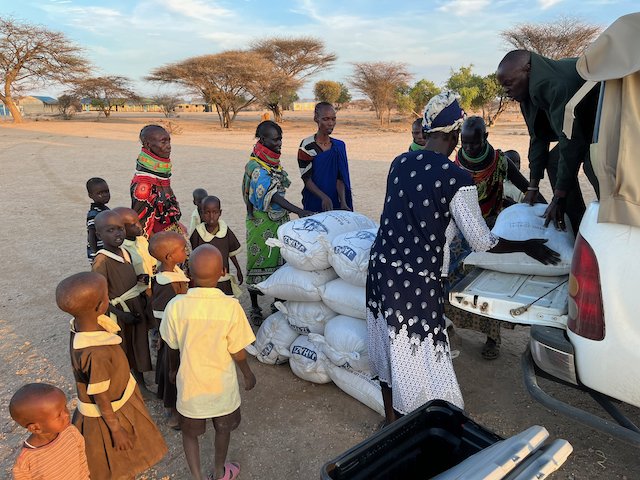
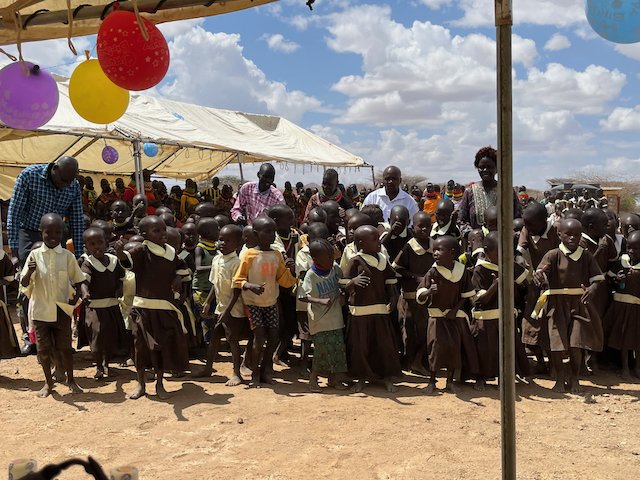
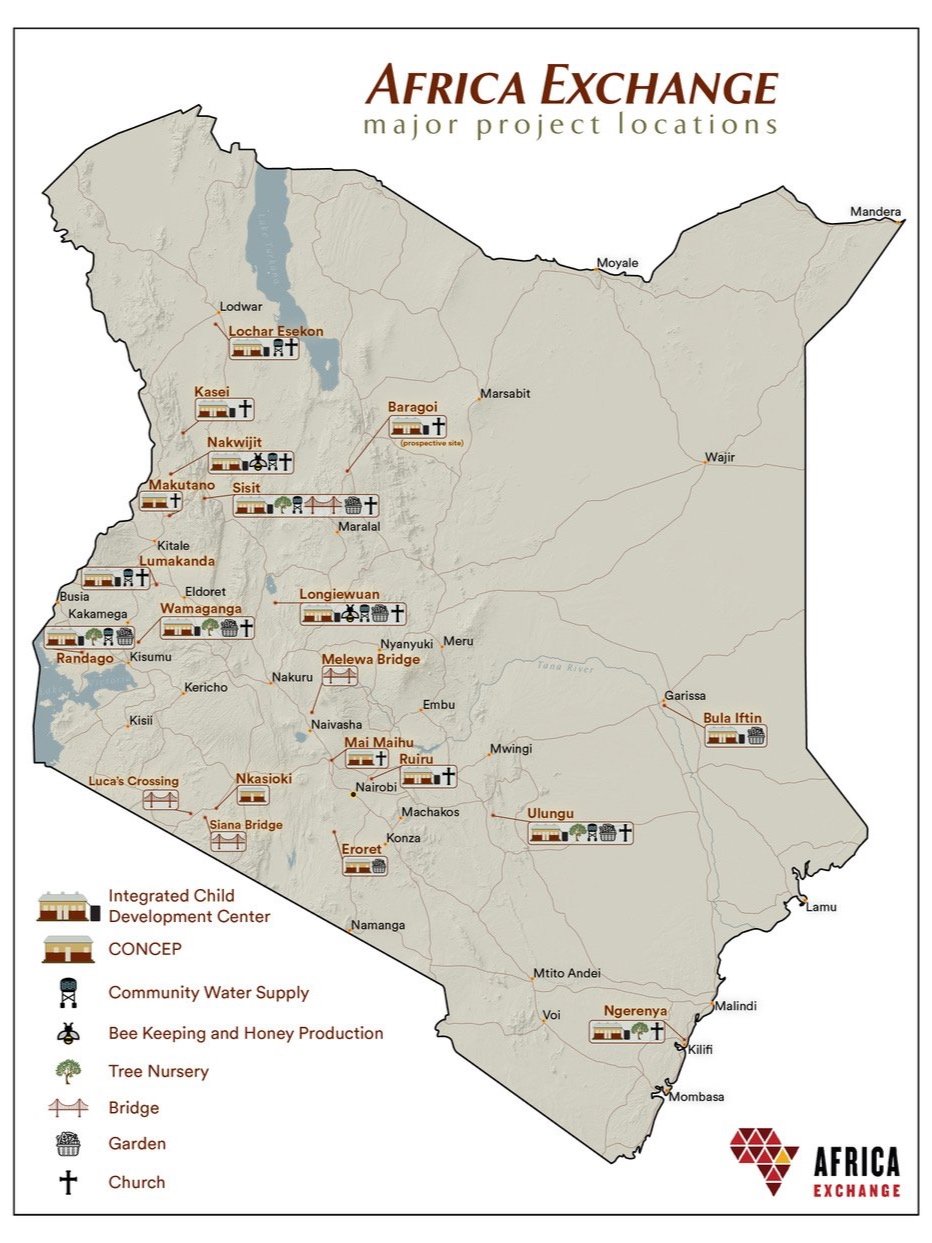
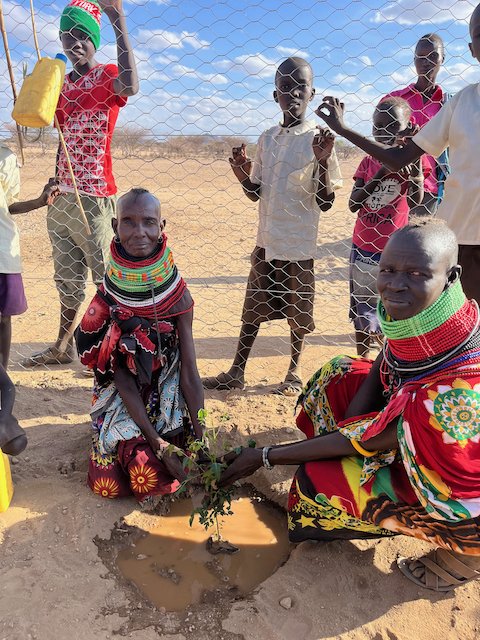
Lochor Esekon Dedication
Africa Exchange Appoints Sam Harrell as Full-Time Executive Director
It is with excitement and anticipation that the board of directors of Africa Exchange announces that Sam Harrell will fully inhabit the role of Executive Director as of August 1, 2022. Sam and Melody Harrell founded Africa Exchange 25 years ago and have led in a voluntary capacity since its inception. However, expanding to further meet the needs of marginalized communities across Kenya requires a full-time Executive Director. Sam transitions to this role from his position as Associate Coordinator of Global Missions with the Cooperative Baptist Fellowship (CBF), a position he has held since 2015 following 16 years of field service with CBF in Kenya.
Africa Exchange has thriving programs in 12 project locations under the leadership of Mr. Mark Okello, our Kenya Program Manager. These programs leverage a crucial network of project committees and meet the needs of vulnerable children in every province of Kenya through the development and support of Integrated Child Development Centers.
In his new role Sam will focus on expansion, increased capacity, and organizational development. “With the excellent support of our Program Manager and the recently established Africa Exchange Advisory Group in Kenya, we are uniquely poised at this critical juncture to expand the work of enhancing the resilience of vulnerable children, communities and the environment in marginalized areas of Kenya,” says Sam.
As Africa Exchange begins to celebrate its 25 years of impact, we hope you will join us in affirming this new development and these growing responsibilities by supporting the important work that is to follow.
Charles Evans, on behalf of the Africa Exchange board of directors.
Kutana Kenya '22
KUTANA KENYA ‘22
Kutana Kenya is an experience like no other. Gathering around how environment, development and mission intersect in the context of several communities and ecosystems in Kenya offers a most unique two week + exposure to places and people, issues and relationships. Kutana means “to meet”, recognizing that meeting is never a one-way street. The priority of mutuality that undergirds all of the work of Africa Exchange is foundational to Kutana Kenya.
This year’s group of 9 participants ranged from a divinity student, a New York City landscaper, Cooperative Baptist Fellowship staff, a Kenyan university graduate, a theology professor to a newly graduated engineer. The group coalesced around our common goal: taking in each day as it presented itself through the lens of “What do I see? Who is here? What does the earth seem to be saying? How Is this community thriving? Or not thriving?” And perhaps most challenging of all, “What does this mean for me living in the world?”
We saw natural beauty in the forests of the highlands of Limuru, family warmth and ingenuity in rural homestays at Kipkaren River, community engagement and care for the youngest among them in Wamaganga, and community progress and tenacity in the hotter climate of Sist, Pokot. We spent 3 days embedded in Kakamega, damp air on our cheeks and spongy paths underfoot as we made our way through the rain forest, learning about birds, butterflies, trees and monkeys and witnessing interactions with the communities living close at hand. We looked out over Lake Baringo in its vastness, the wind whipping up in the evenings and becoming still in the mornings, discussing the idea of Gratitude from Wangari Mathai’s book “Replenishing the Earth”. We spent out last Sunday worshiping In Nairobi at a thriving urban Baptist church, mingling with members and leaders and sipping tea with other visitors after the service was done. And we bumped across the Masai Mara in a tour van, the pop top allowing for standing room and visibility, revealing the interconnectedness of the grassland that sustains incredible diversity of life.
Our hope is that those who experience Kutana Kenya come away with a new understanding of how deeply we are connected to all living things. And that they find ways where they are to nurture those connections going forward.

